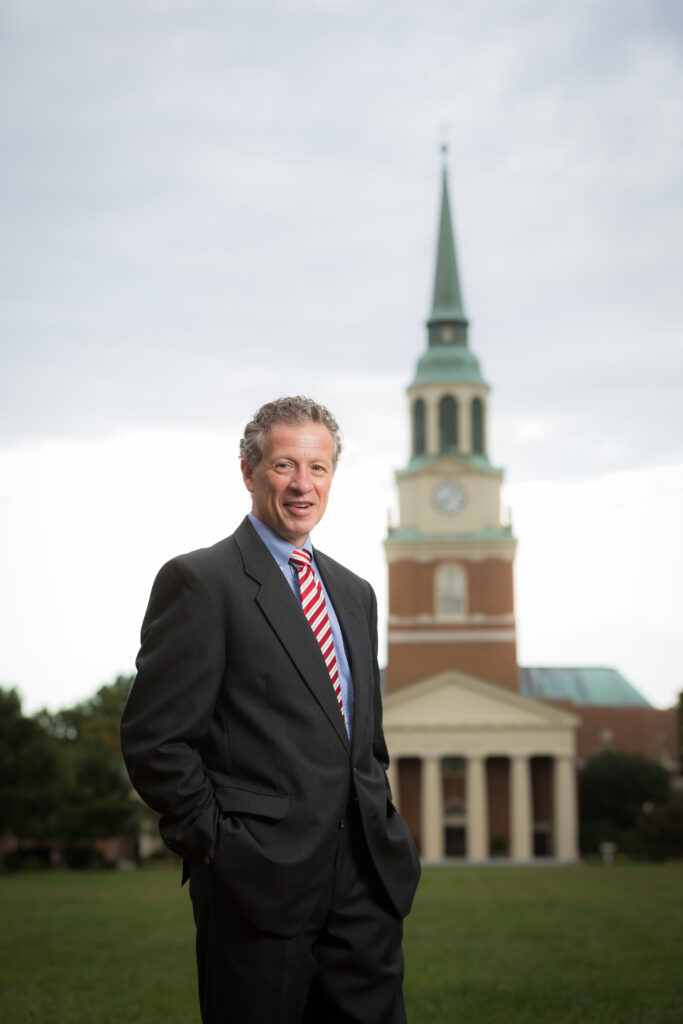Michigan State University Ph.D
St. John Fisher University
Dr. Rogan is Professor of Communication and recently served as Interim Dean and Senior Associate Dean of The College at Wake Forest University. Professor Rogan’s research program is two-fold. Traditionally, his work has been in forensic discourse analysis of crisis negotiations and author identification. In particular, his research focuses on the affective and framing features of conflict communication, for which he has received scholarly awards. His 1997 book, (co-edited with M.R. Hammer & C. Van Zandt), Dynamic Processes of Crisis Negotiation: Theory, Research, and Practice, was awarded the Outstanding Book Award in 1998 by the International Association of Conflict Management. Professor Rogan is also co-editor of the recently published books: Rogan, R.G., & Lanceley, F. (Eds.), Contemporary Theory, Research, and Practice of Crisis and Hostage Negotiation; and Donohue, W.A., Rogan, R. G., & Kaufman, S., (Eds.), Framing Matters: Perspectives on Negotiation Research and Practice in Communication. This last book was recently nominated for the 2012 “Outstanding Book Award” from the International Association of Conflict Management. Dr. Rogan is recognized as an international expert and leading researcher in crisis negotiation. Dr. Rogan has consulted with various law enforcement agencies on crisis negotiation and threatening communication, as well as being an invited speaker at several international crisis negotiation meeting, including the First European Conference on Hostage Negotiations and more recently at the International Conference on Police Interventions in Crisis Situations at the Ecole Nationale de Police du Quebec, Nicolet, Quebec, Canada, where he was a keynote speaker on the dynamics of intercultural communication in crisis and hostage negotiation. Of particular noteworthiness, his communication analysis of written documents was central to the investigation that resulted in the arrest of the Unabomber. Additionally, Dr. Rogan’s research focuses on the communication-based analysis of terrorism, with particular attention on the discourse of jihadism, its foundational jurisprudence, and the ideology for jihad against democracy. He has published research exploring the narrative of identity construction manifested in the al-Qaida in the Arabian Peninsula Inspire publication and recruitment narratives in both Inspire and the ISIS publication Dabiq. He has been an invited speaker for several years at the World Summit for Counter-Terrorism in Herzliya, Israel.

